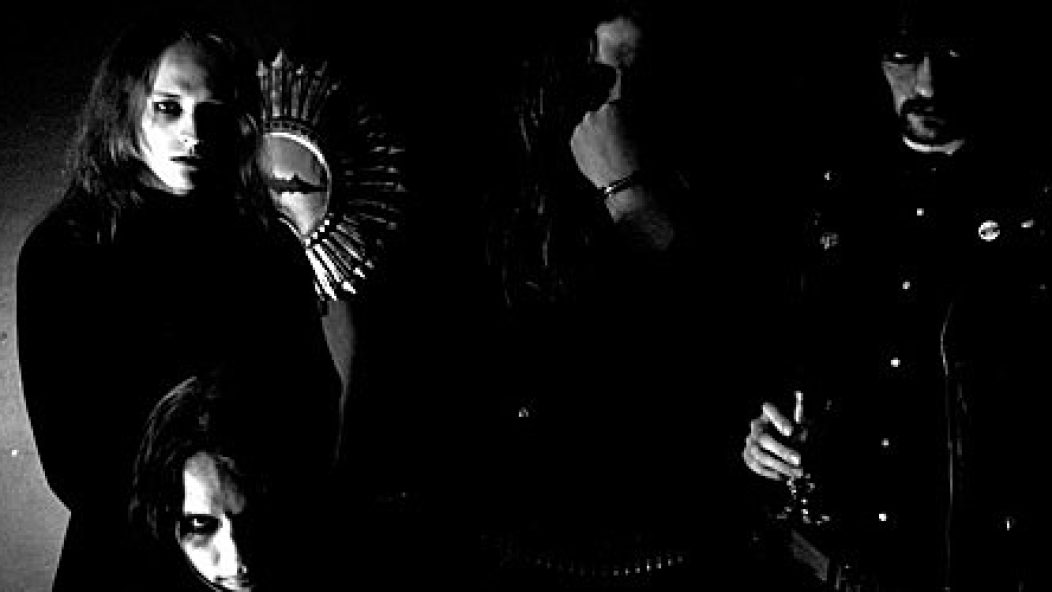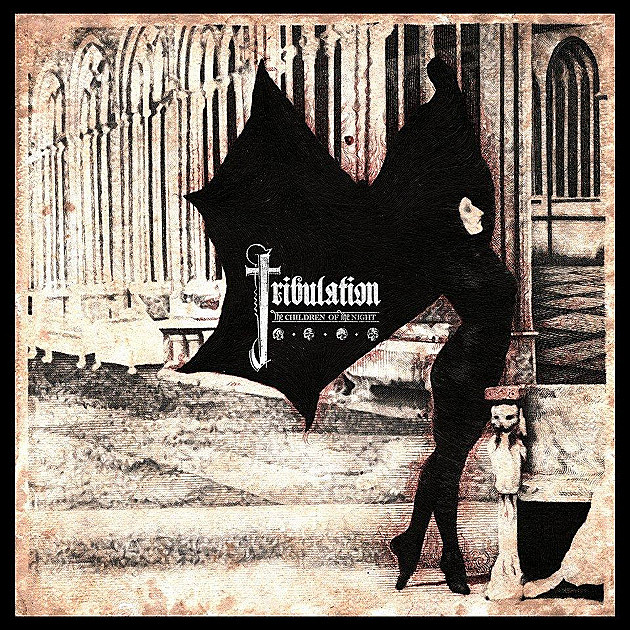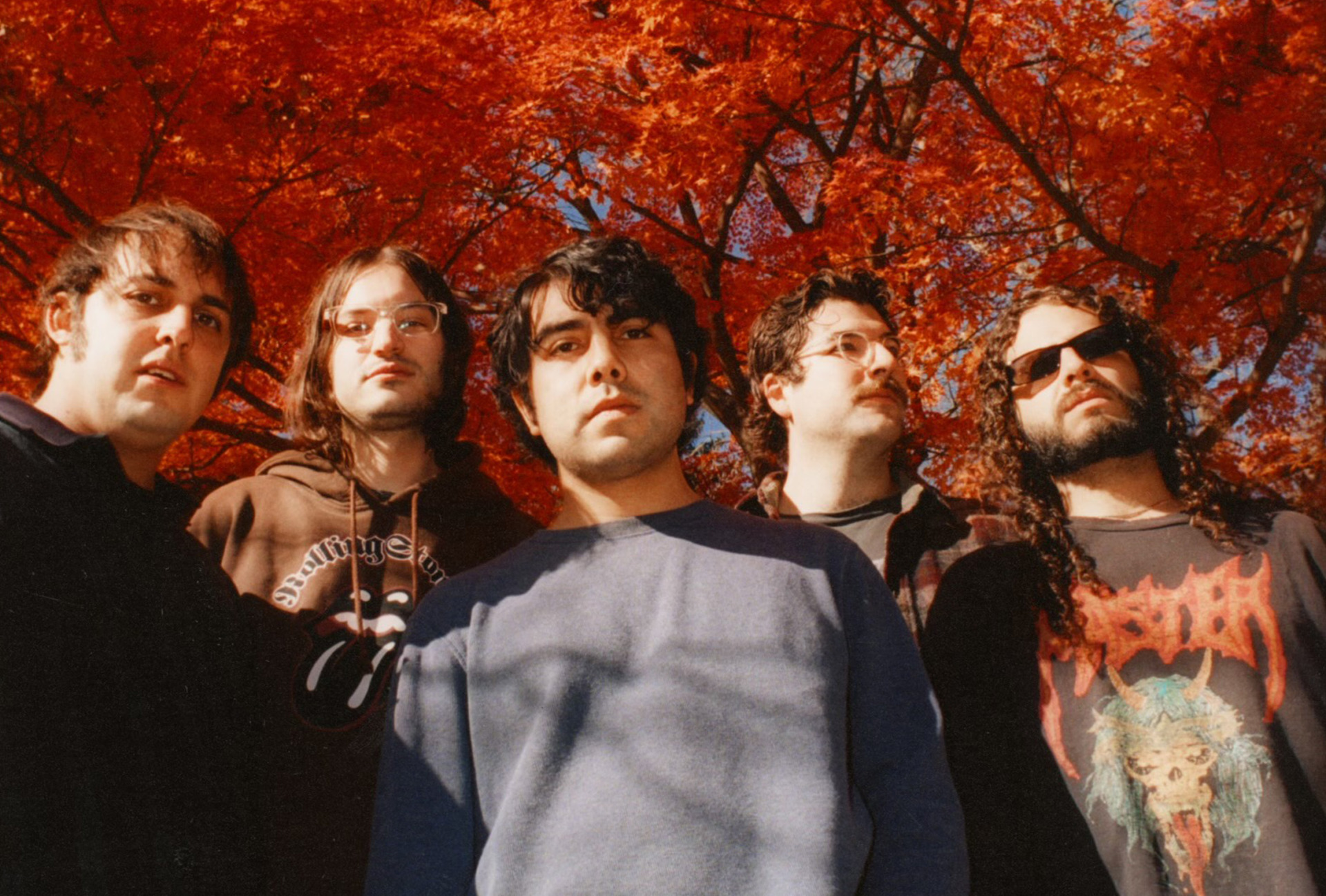
Tribulation - Children of the Night
…
Watch the following 2011 video interview with Erik Danielsson of Watain; when asked for three up-and-coming bands from Sweden, he listed Ghost, In Solitude and Ram. It was a tight-knit group of bands. Danielsson was suspected of being a member of Ghost (maybe he was, maybe he still is), and would later live with Gottfrid Åhman of In Solitude. Ram were the outlier, though not altogether unlike other Swedish new-speed acts like Bullet.
…
…
Quote begins circa 4:55
…
All three bands had one thing in common: their music evoked metal styles which were en-vogue before 1986 exclusively. In other words, they are musical conservatism. Danielsson’s own music took on some similar characteristics—both Lawless Darkness and The Wild Hunt were more-or-less attempts at writing Ride the Lightning except with harsh vocals and occult lyrics. Taken as a whole, the output of these bands sent a message: the sound of modern metal has progressed into untenable territory. Their output constituted a soft reset to a point in time approximately before the release of Reign in Blood.
Fluency in the cannon, the classics, is valuable, but nostalgia is not, and presuming the past was superior is a delusion caused by dissatisfaction with the present. While retrospective metal is frequently a stockpile of good nuts-and-bolts songwriting, it cannot satisfy completely because modern listeners have access to all the same source material that these musicians do. A more interesting, lofty experiment is to write music as though pop culture has progressed since the so-called glory days, but without those elements which these musicians find objectionable. The goal cannot be a second 1985—it must be an alternate 2015.
So far, the conservative Swedes have yet to really populate this alternate 2015. In Solitude made a decent stab at it with Sister, positing a world where the UK goths cross-pollinated with Iron Maiden instead of the LA punks, but now that band is no more.
In their stead is Tribulation, whose new album The Children of the Night offers a more fully-realized glimpse into what a modern extreme metal zeitgeist without the telltale signs of extreme metal today might look like. It is black metal without Mayhem or Darkthrone, but still with 30 years of accumulated acumen behind it.
The band’s career arc dovetails with the shift from conservatism to a new alternate centrism. The group was formed from departed members of neothrash band Hazard, or from speed revivalists Enforcer (who oddly enough released an album on the same day as The Children of the Night).
It’s not enough to record to tape, sing like King Diamond and play vintage gear. Bands have been trying that for a decade with mostly interchangeable results. Art is essentially a sequence of yes-or-no choices, and while Tribulation has said many of the same yeses as Mercyful Fate, they’ve made a few bold no’s. Pedal tone chugs, for example, wound up mostly in the bin; Adam Zaars and Jonathan Hultén focus more on solitary note runs, and like to let said notes ring out for sometimes uncomfortably long amounts of time. the best example of this is probably the creeping guitar line that runs through “Melancholia.” Elsewhere the arpeggios that form a recurring motif in “Winds” have roughly the same effect. Yes, they’re an effective center but they’re not traditional metal riffs.
All the better to mesh Zaars’s vibraphone, xylophone and Martin Borg’s organ, which is the heart of Tribulation’s hooks and melodies. A bold choice, letting a session member with no previous work be so central to the sound, but the keys are as important to the guitars in terms of representation, even if the music was written without them.
Also left out are clean vocals, a choice which has been the band’s lone perfunctory sticking point with many critics. I understand that critique—the two instrumental tracks, “Sjalaflykt” and “Cauda Pavonis” are some of the best cuts. Bassist Johannes Andersson’s raspy vocals are monotone and he doesn’t have the sense of punctuation to compensate. Here’s the rub: they’re also the thing that most separates Tribulation from the arch conservatives they once were and are trying to stand apart from. Traditional metal vocals would not work on any of the songs on The Children of the Night, which takes verse-chorus-verse-bridge song structure as mere guidelines and weak ones at that. The deeper issue is that the album is memorable as a sum total experience, but could stand to give each individual song it’s own identity.
Tribulation might want to review their peers for guidance before album #4, but they’ve already learned more than much of the direct circle of bands that surrounds them. I’d suggest they look north to Norway’s Kvelertak, another band that understands melody, but does not bow to clean singing. the issue with Kvelertak is that they sound too much like other groups in bits and pieces, even though their individual multi-part songs are robust. Tribulation finally sound like themselves on The Children of the Night, now they need to kick out the jams.
…
/p>
…
The Children of the Night is available now via Century Media. Follow Tribulation on Facebook or on Instagram at @tribulation_official.
…












